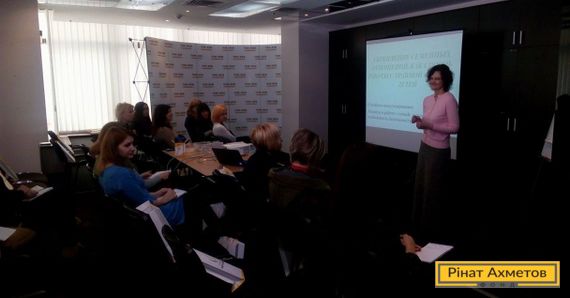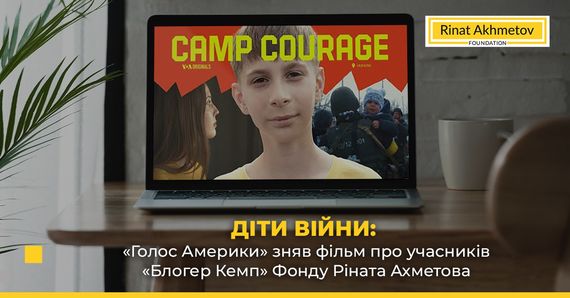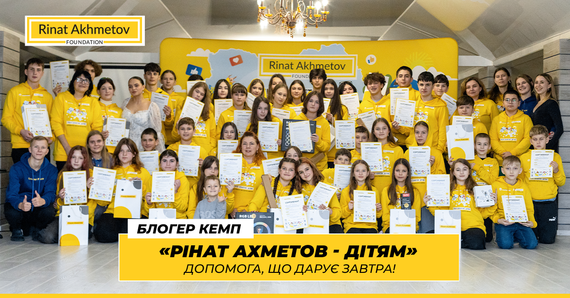Child's war trauma: how can parents help?

Children, who experienced war trauma, change their attitude to the world around them. And if the trauma hasn't been worked through on time, it can lead to other social problems - aggression, violence, different kinds of dependences. How to prevent these scenarios, what should parents do, and what kind of specialists' support is needed?
Rinat Akhmetov Humanitarian Center organized an educational course for psychologists called "War Trauma", a training on how to work with families, who suffered due to military conflict. The focus of the training event was the diagnosis of family problems and their resolution.
Strengthening of relations within the family that experienced the war is the right place to start, according to psychologists. It is important that parents have responsibility for kids' childhood, make sure that kids have it. Because many children affected by war literally had to grow up early and get the experience of surviving.
"Every child needs a favourable development. Especially the kids who experienced war. Understanding with parents is very important for them. Only healthy relations in family and ability to feel and hear each other and children will help to determine the problem on time. If a child became aggressive, different, stopped trusting and closed up from parents and other people surrounding him, this is a signal for seeing a specialist. It is important for a psychologist to work with parents and children in complex. In this case moms and dads get more information and understanding about development and outlook of their children", – Olha Mala, psychologist and author of the training, shared.
According to Maryna Sorokina, Coordinator of Psychological service at the Humanitarian Center, there is no accurate data on the number of kids with war trauma in Donbas. But there are thousands of them, both IDPs and those staying in the areas of active hostilities.
"We will hear the echo of the current events many years later. Trauma of war is quite global for the whole families, who stayed or stay on the territory of active military actions. Not only children suffer now, but their parents as well. Lately we face the following cases – we get requests for help from families living far away from the conflict area. Children have fear for war, they are scared that it may start. They hear conversations of adults, see something on TV and live in the fear that the war may reach them too. This is the trauma for more than one future generation", – Maryna Sorokina says.
It is important for parents to understand that during difficult moments their child desperately needs the help of family or professional psychologist. It is possible to ask an anonymous question to psychologist on the Humanitarian Center's website. Online application form can be found here.



